Baratunde Thurston: How to be Black and Outdoorsy
Share
Explore Our Galleries
Breaking News!
Today's news and culture by Black and other reporters in the Black and mainstream media.
Ways to Support ABHM?
By Noah A. McGee, The Root
Thurston discussed his new TV show on PBS ‘America Outdoors’ with Baratunde Thurston.
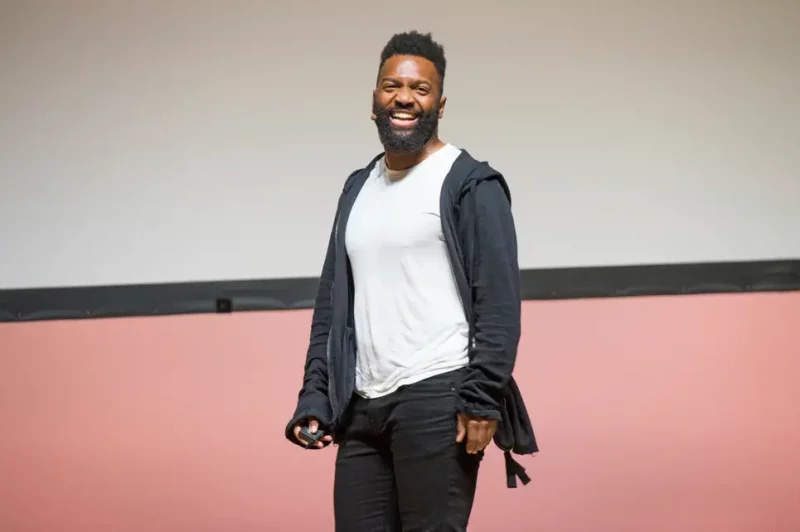
Here’s a question for Black people. Do you enjoy mingling with the outdoors?
There seems to be this stigma that we do not like interacting with the outdoors, and by that I mean nature: the forest, fields, oceans, mountains, etc. And maybe for good reason, that’s where bad things happen to us— Outside.
I know plenty of Black people who hate being outside and doing anything that gets their hands dirty, but I also know just as many who love the Great outdoors. For example, Full Circle, a team of all-Black climbers, became the first team of Black climbers to reach the summit of Mount Everest.
Baratunde Thurston, a comedian, writer, former Daily Show producer and activist came to The Root office in New York City to talk about his new TV show America Outdoors With Baratunde Thurston, which is set to premiere on Tuesday, July 5 at 8 p.m. ET on PBS.
When asked, “How does one be Black and outdoorsy?” his answer was genius.
Head over to the original article to see Thurston’s answer.
Spending time outside may remind some Black people of America’s history of slavery.
More breaking news here.
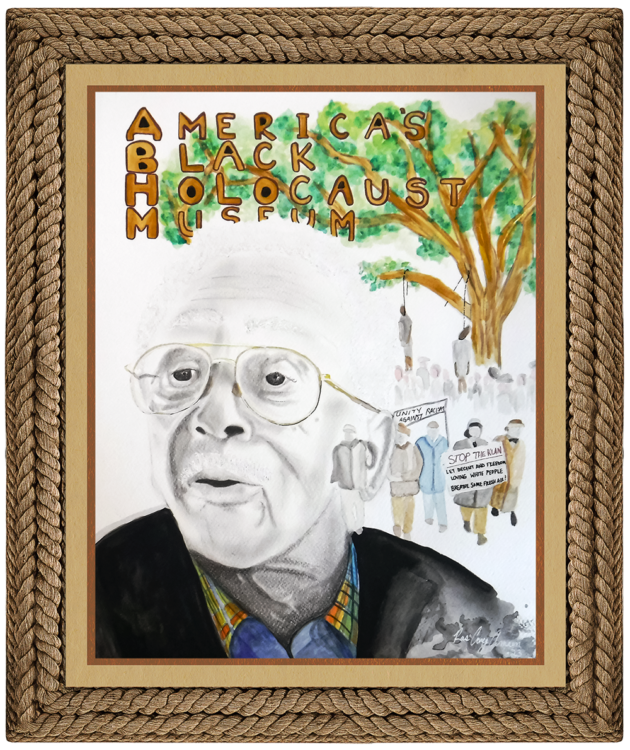
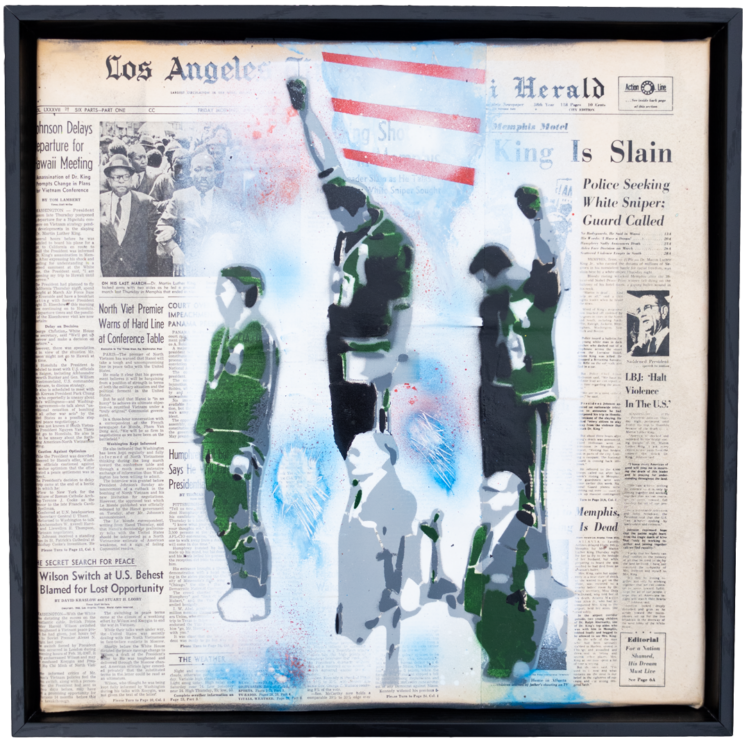
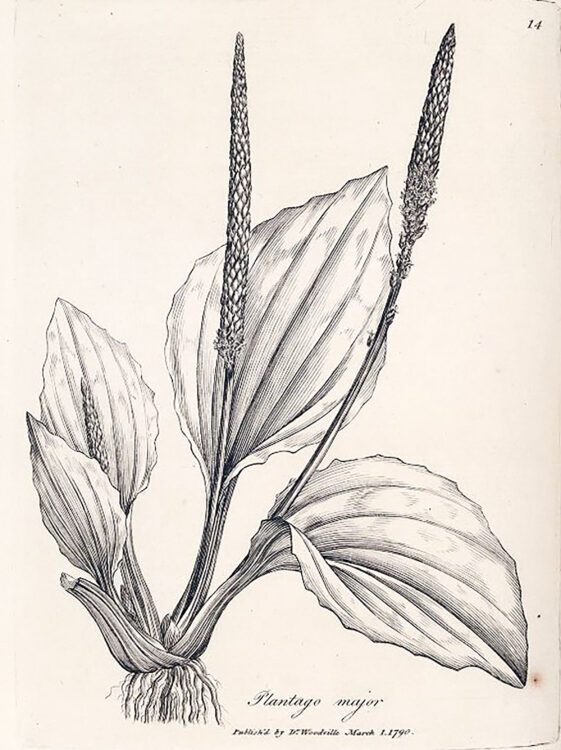
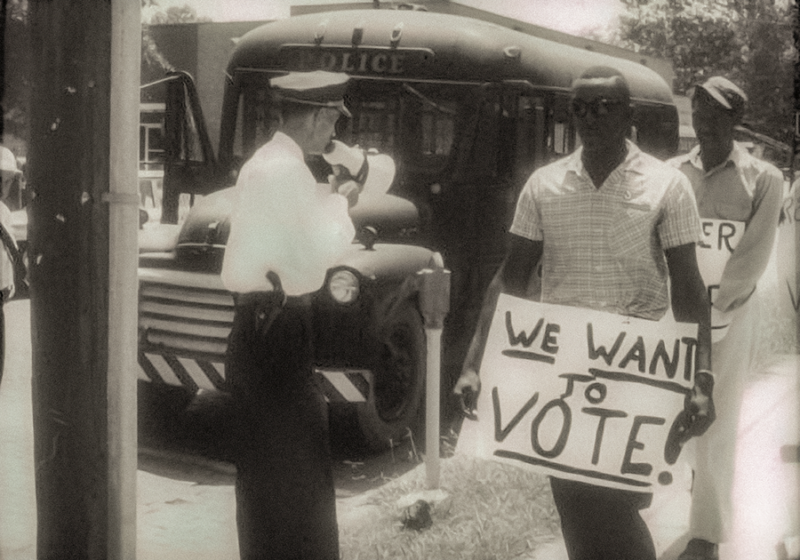

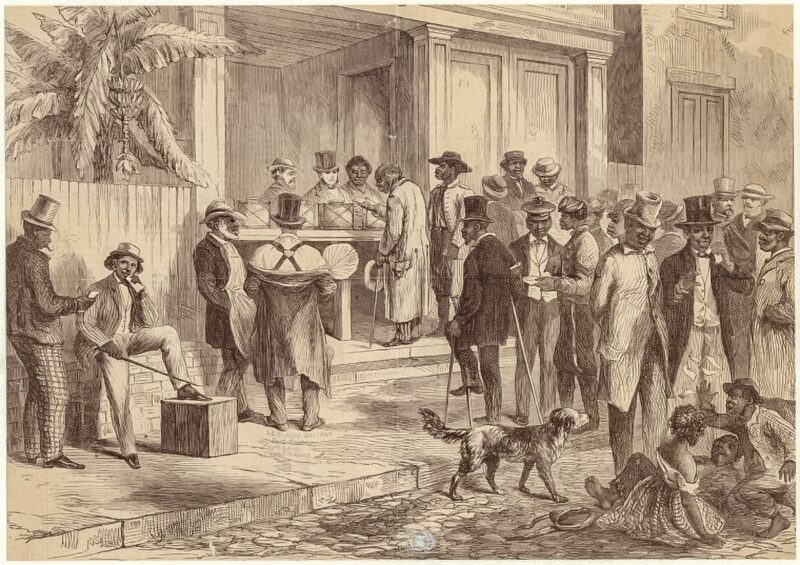
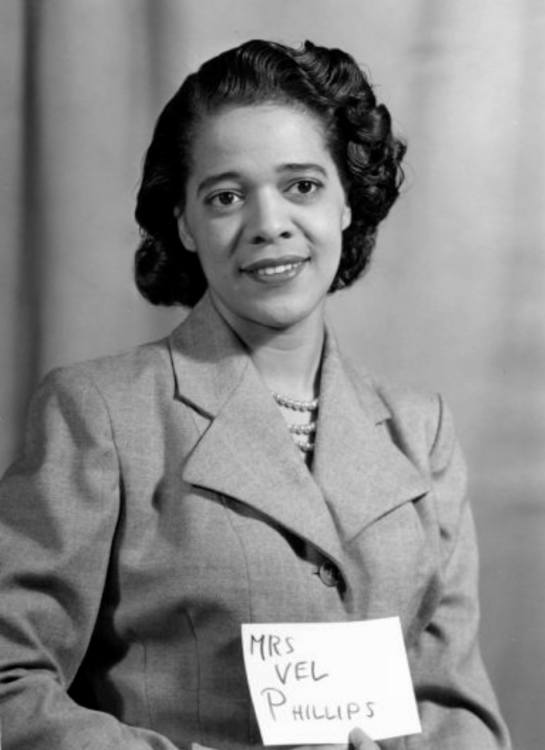
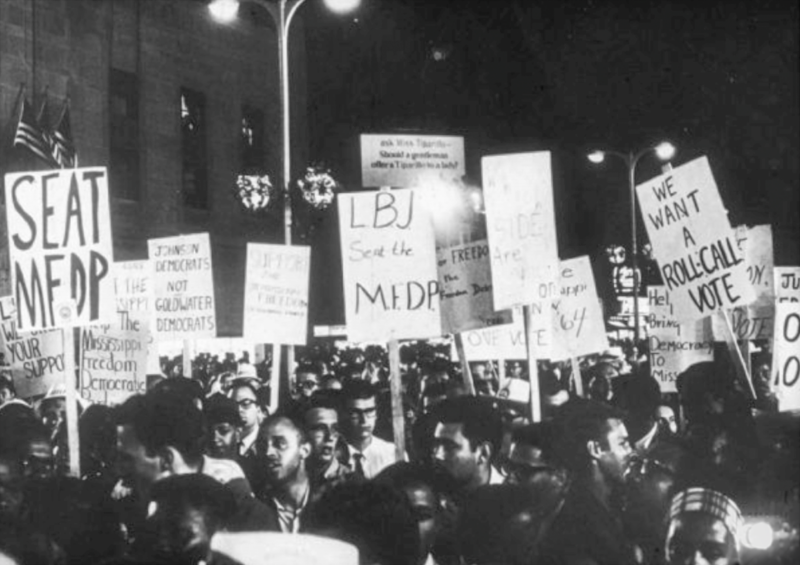
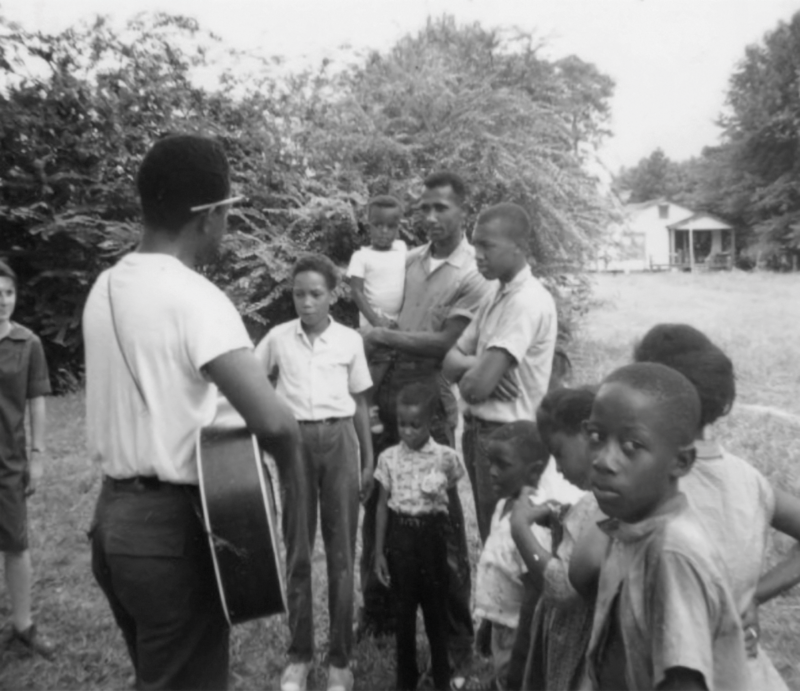
Comments Are Welcome
Note: We moderate submissions in order to create a space for meaningful dialogue, a space where museum visitors – adults and youth –– can exchange informed, thoughtful, and relevant comments that add value to our exhibits.
Racial slurs, personal attacks, obscenity, profanity, and SHOUTING do not meet the above standard. Such comments are posted in the exhibit Hateful Speech. Commercial promotions, impersonations, and incoherent comments likewise fail to meet our goals, so will not be posted. Submissions longer than 120 words will be shortened.
See our full Comments Policy here.